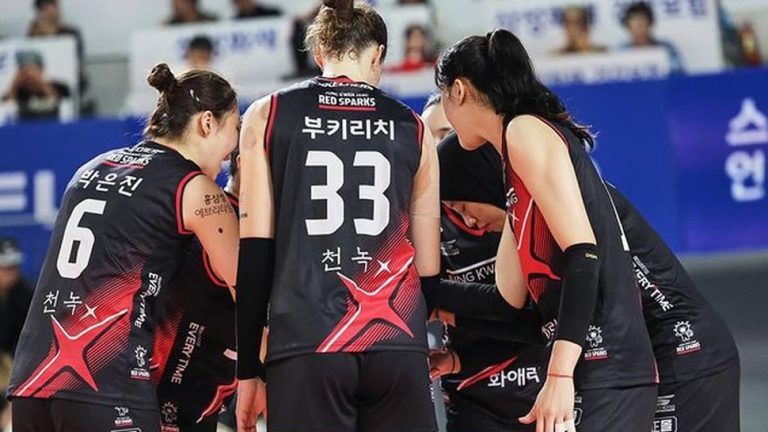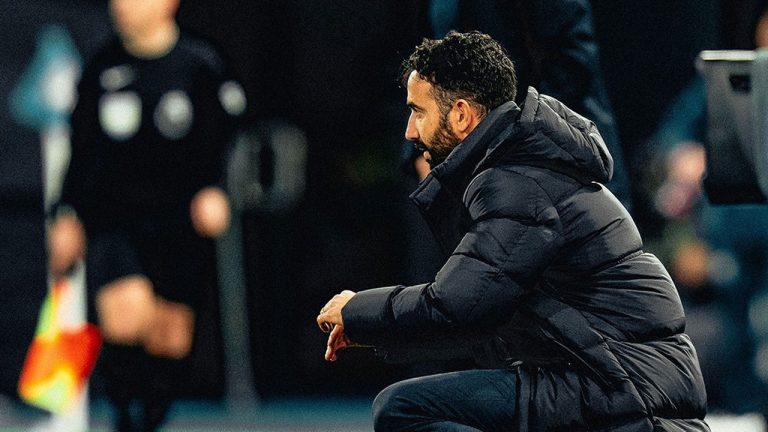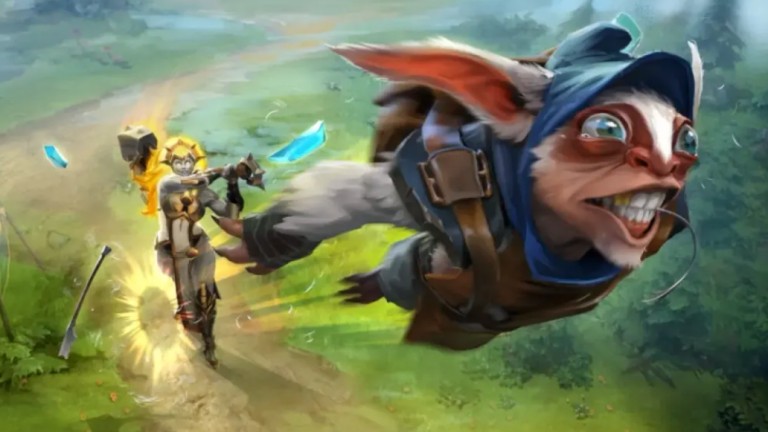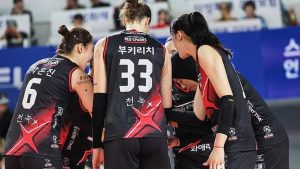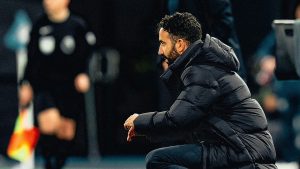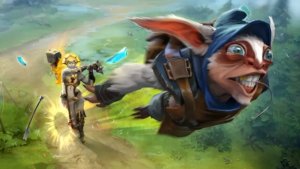Dire Wolves is a team from Australia who won the League of Legends tournament for Oceania
The latest development comes from Skena Esports Australia. This development is related to the renewal of business cooperation between LG Australia and the esports organization Dire Wolves
First working together in 2016, LG Australia continued its support as a sponsor of Dire Wolves. With this renewal of cooperation, LG will provide support to Dire Wolves until at least next year.
As an electronics company, LG provided support in the form of monitors for use by the esports team in the tournament. Dire Wolves participated in Oceanic Pro League (OPL). Last year, they managed to get the title in the League of Legends tournament for the Oceania region.
“LG is the first sponsor of Dire Wolves, supporting us since 2016,” said Dire Wolves Founder & Managing Director of LG Nathan Mott, according to the Esports Insider report. “Their high-end monitors are an important tool in our training at the Esports High-Performance Center at the Sydney Cricket Ground. We are pleased to continue our collaboration with LG as we work to develop esports in the Oceania region. ”
This is good news for Dire Wolves who had experienced problems last July. At that time, Guinevere Capital, the majority shareholder of Dire Wolves, announced that they were looking for investors to take over their shares in the esports team. The reason is because the capital company also has a majority stake in Excel Esports. Riot told Guinevere Capital that they were banned from having two esports teams competing in the League of Legends European Championships (LEC) when Excel registered in the tournament. Feared, there will be a conflict of interest when the two teams compete. With this, two-thirds of the shares in Dire Wolves must be transferred.
“I am very fond and stubborn in developing the Australian esports industry and I will continue to be involved in it in various capacities,” said Guinevere Capital Manager Dave Harris at Esports Insider at the time. “I hope this will encourage other investors to enter the esports ecosystem, which continues to grow and shows a road map for others about our investment cycle over the past three years.”
Compared to Indonesia, Australia’s population is indeed far less. However, according to the Digital Australia 2020 report, two out of three Australians play games. Not only that, 90 percent of homes in Australia have devices to play games. While the number of esports viewers reached 41 percent of the total population. Assuming Australia’s population is 25 million people, as many as more than 10.5 million people watch esports. As many as 31 percent (7.75 million people) claimed to visit gaming events and 28 percent (9.5 million people) enjoyed the culture of esports.
Bad news did hit the esports industry in Australia last week with the closing of Gfinity Australia, a local esports operator. Even so, the PwC report states that the esports industry in Australia has experienced a great growth in recent years. This is evident from the start of the emergence of major esports tournaments, such as Intel Extreme Masters and Melbourne E-sports Open. In the report, it was also mentioned that to ensure that the esports industry in Australia could survive, the esports actors had to increase income from media broadcasting rights. According to GEO Gfinitiy Australia, Dominic Remond, currently, the esports industry in Australia is still too dependent on sponsorship.
According to PwC, companies that are suitable for investing in esports are companies that offer goods and services that are in line with the gaming culture. Conversely, companies that only try to reach a large number of audiences at a relatively low cost, they are not advised to enter the esports industry. Some industries that can also benefit from esports growth include the film, food and beverage industries.







